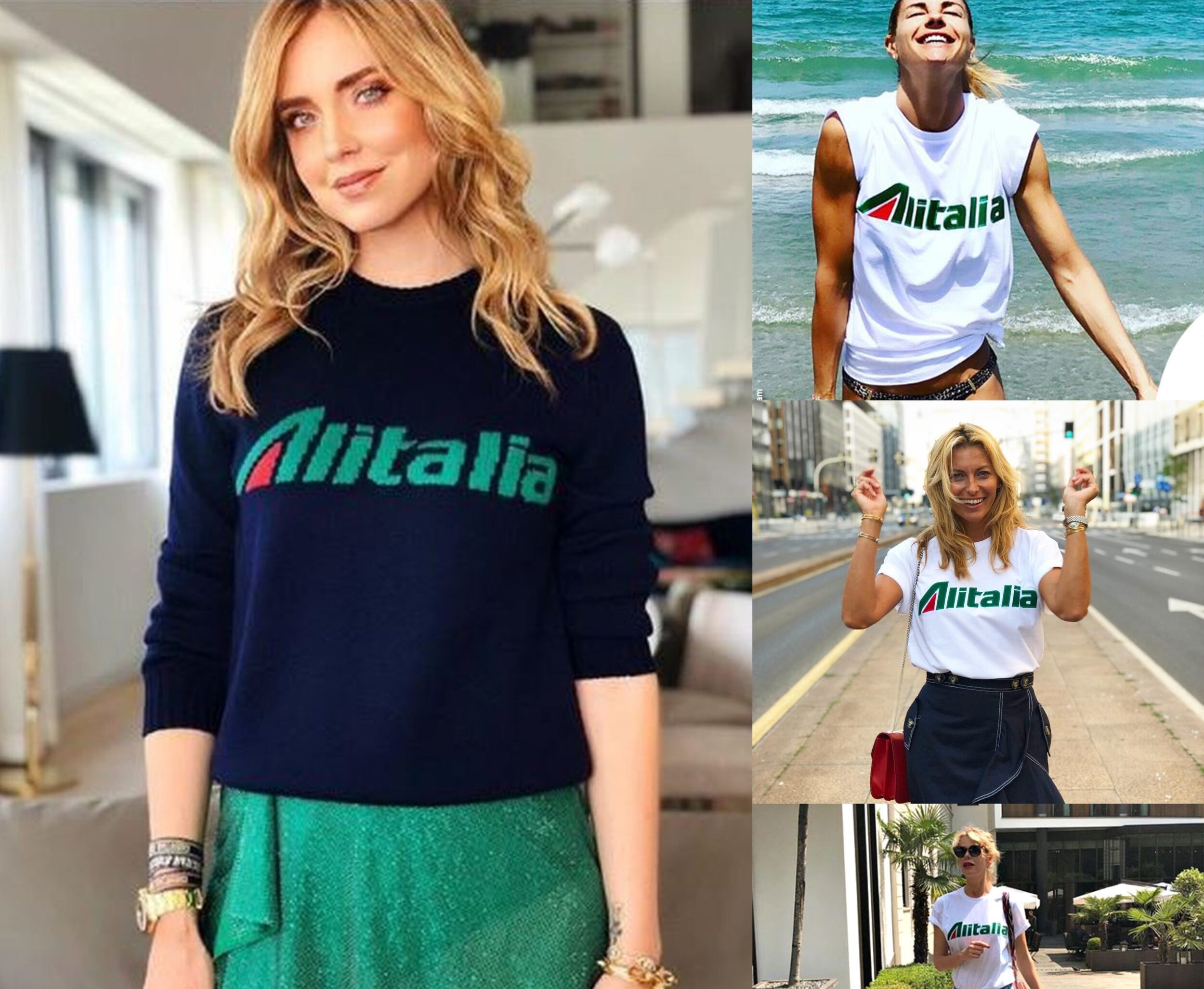On March 15, the Antitrust Authority concluded a misleading advertising procedure, involving for the first time 9 micro influencers who worked in the launch of the "Pan di Stelle" chocolate cream produced by Barilla.
For some time now, the Antitrust Authority has been dealing with various issues of hidden advertising published through new media, as the recent Alitalia / Alberta Ferretti case.
Also in the Pan di Stelle case, the Antitrust Authority has not imposed any sanctions against the parties involved, accepting the commitments that Barilla and the micro-influencers are willing to take on.
The Antitrust Authority has positively assessed the commitments made by the parties involved in the proceedings, which are beginning to emerge as real guidelines, both for the companies launching the marketing campaign and for the influencers promoting the products/services covered and for the agencies mediating the relationship between customers and influencers.
The guidelines that emerge from the Antitrust Authority's decision can be summarized as follows.
As for companies:
These should use a contractual standard in their dealings with influencers that contain penalty clauses (such as reduction of fees and/or penalties and/or suspension of payments) against influencers in case of breech;
Contracts between the client and the agencies should include clauses aiming at making the agencies responsible.
As for agencies, these must carefully monitor the work of the influencers and take prompt action, also at the customer's request, to ensure compliance with the Guidelines.
With regard to micro-influencers they should:
include, in posts containing the image or mention of products received from brands to which they have no obligation to carry out promotional activities, hashtags such as #suppliedbybrand or #brandgift or #fornitodabrand, or other similar wording;
include, in posts published as part of a collaborative relationship with the brand, hashtags such as #suppliedbybrand or #advertisingbrand or #advertisingbrand;
refrain from publishing the content authorized and selected by the commissioning brands, unless the contract expressly provides for it with the relevant constraints. This decision sets out guidelines that give greater certainty in contractual relations between companies and influencers.


